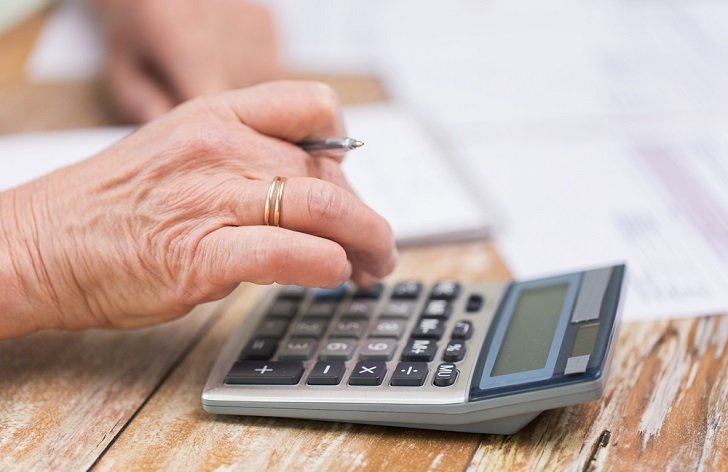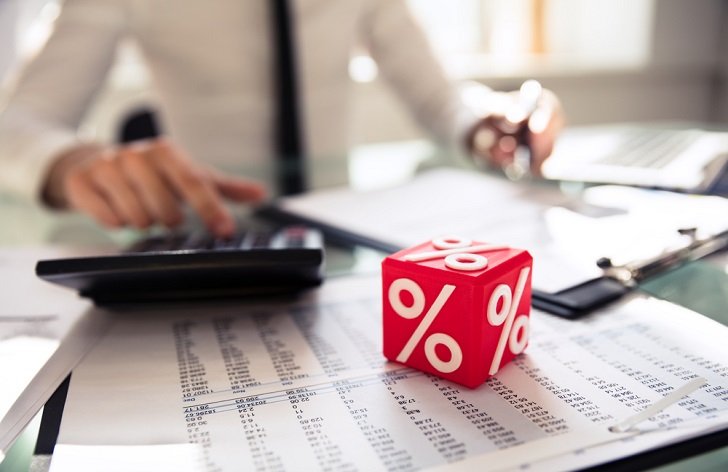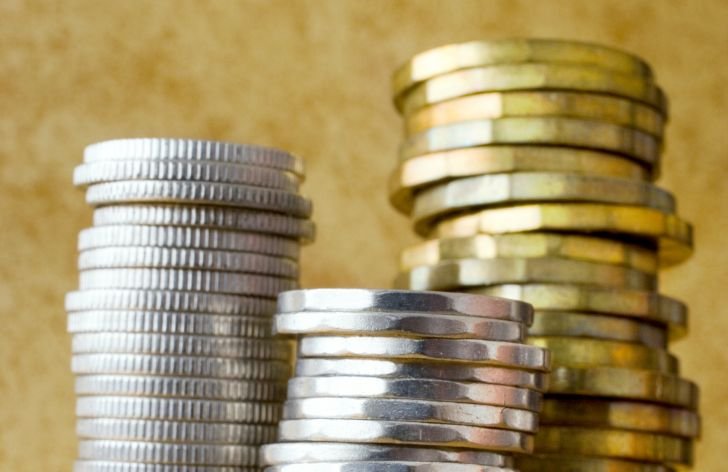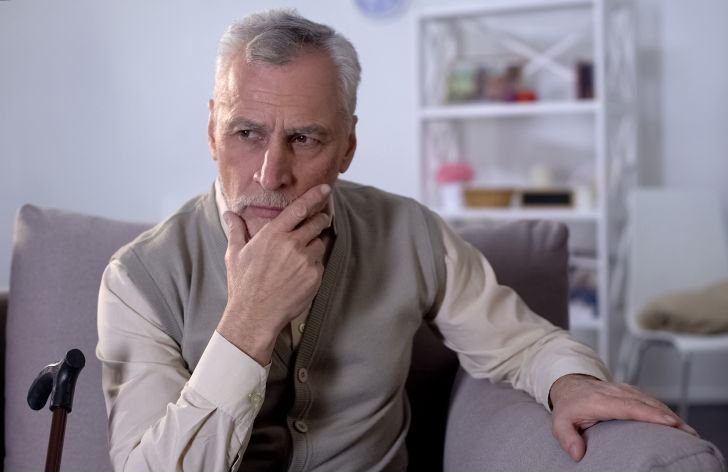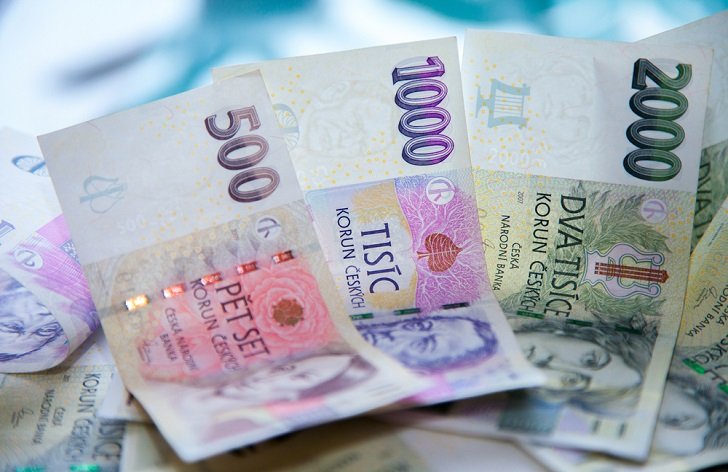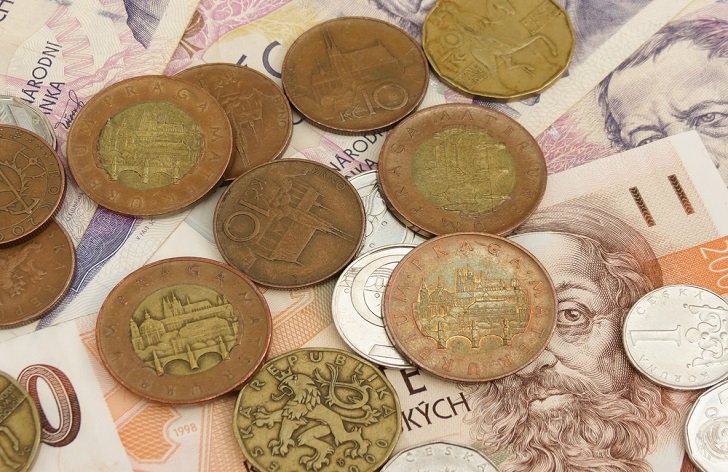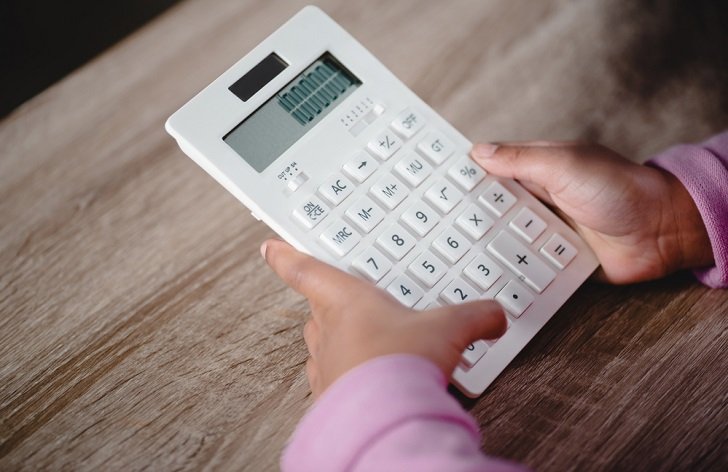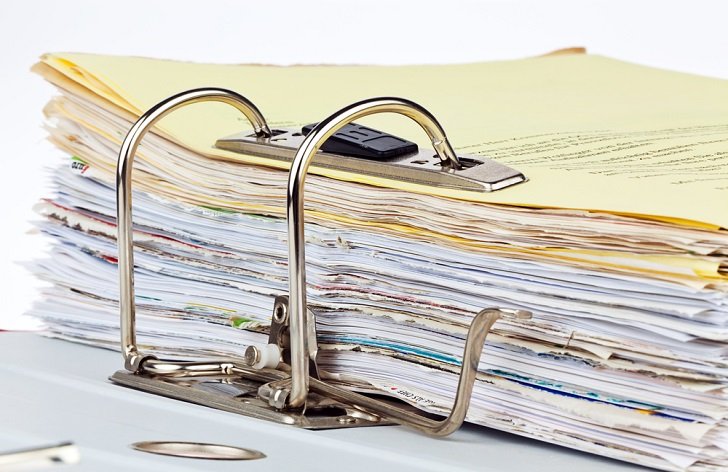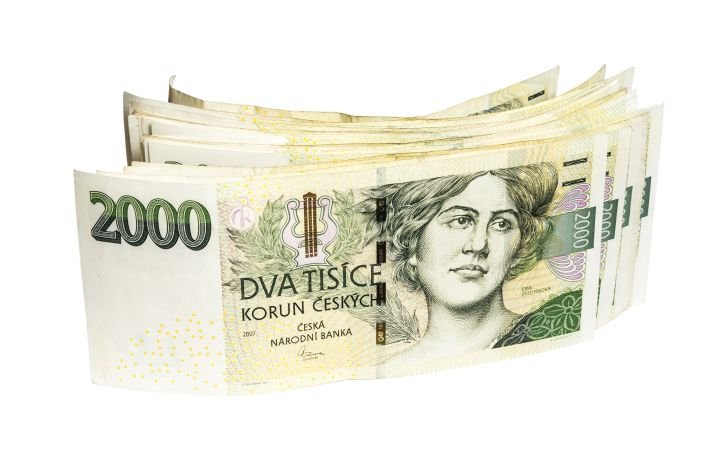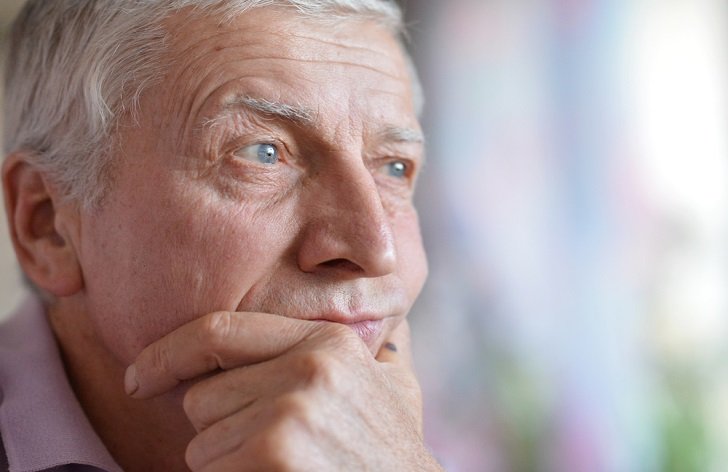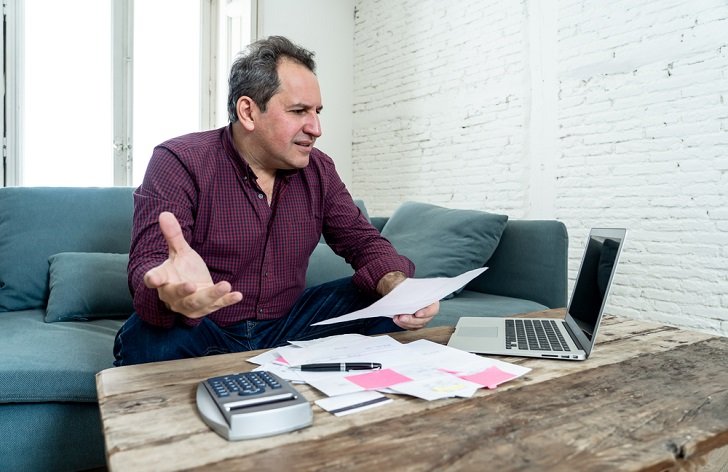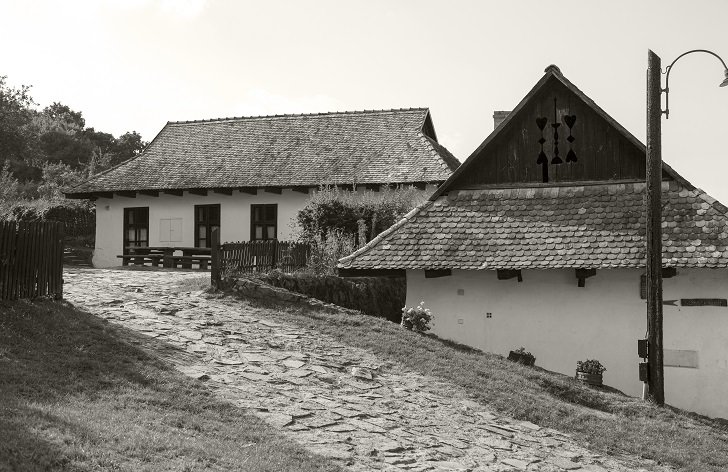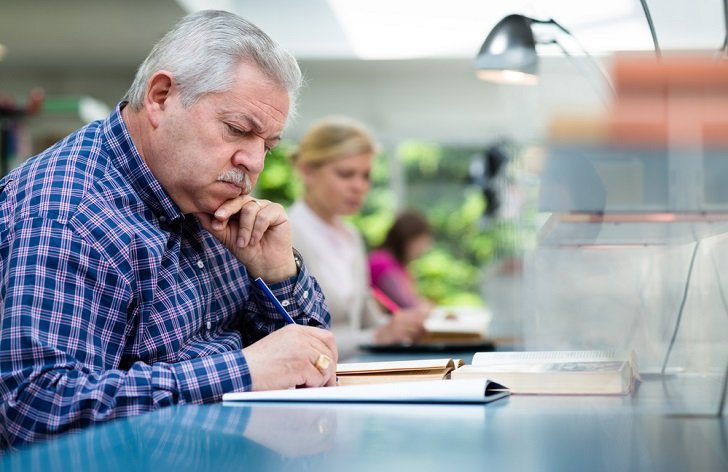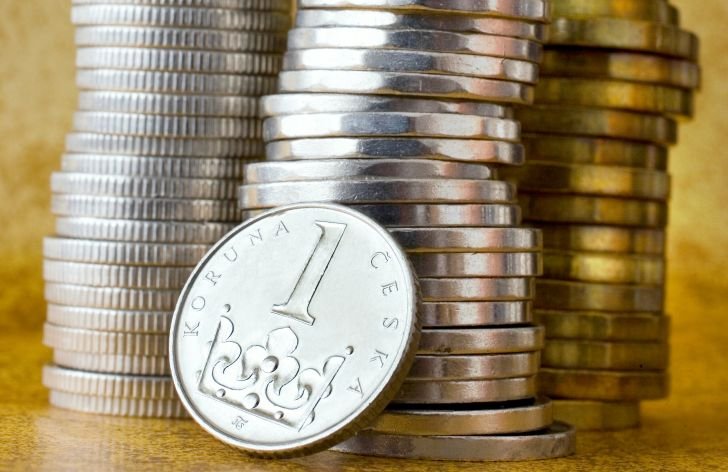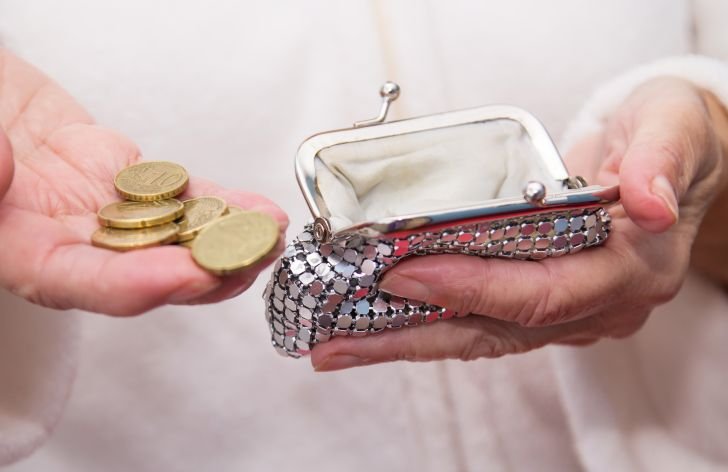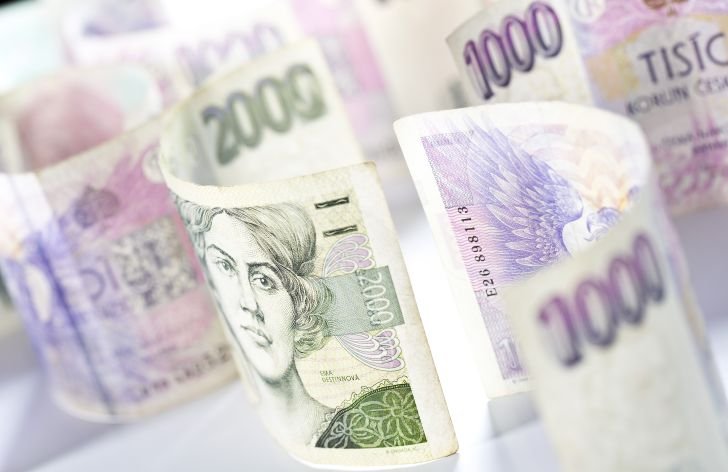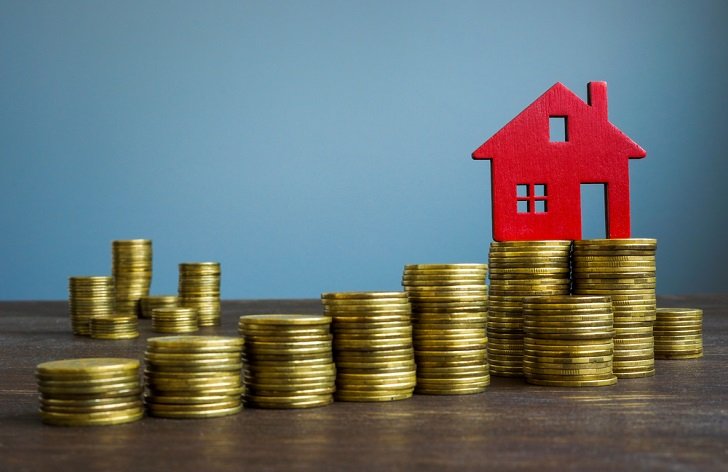By Nerijus Adomaitis
VILNIUS, Oct 11 (Reuters) - East European leaders voiced anxiety on Thursday over Russia's use of its massive energy resources to enforce its foreign policy goals and called for efforts to diversify their sources supply.
"Unjust manipulation or interruption of energy supplies is as much a security threat as is military action," Czech Deputy Prime Minister for European Affairs Alexandr Vondra said at a conference in Vilnius involving the presidents of six countries.
"Post-Soviet countries have been experiencing that on a daily basis, as Russia_s appetite for using energy as a political weapon is growing," he added.
Russia's position as the main energy supplier to its neighbours and its growing importance to the European Union as a whole has been a key theme of the two days of meetings at the energy security conference in the Lithuanian capital.
Discussions on Thursday included Ukraine's President Viktor Yushchenko, Poland's Lech Kaczynski and Lithuania's Valdas Adamkus as well as the presidents of Latvia, Romania and Azerbaijan. With envoys from Georgia, Kazakhstan and Turkmenistan, they concluded with a statement that widening sources of supply was key.
Participants backed closer cooperation between Europe, the United States, the Caspian and the Black Sea regions to bring energy from Central Asia and the South Caucasus to Europe.
They agreed this was "crucial for reliable and diverse energy flows into the European Union".
Russia says it is a reliable supplier of energy. But fears have been awakened by actions such as its repeated willingness to cut gas flows to Ukraine, through which Europe gets most of its imports of the fuel from Russia.
Russia is the source of a quarter of Europe's gas.
This month Moscow threatened to reduce supplies in a dispute with Kiev over payments. The timing, right after parliamentary elections, led analysts to suggest it was meant to put pressure on the country to form a government that could work with Moscow.
POLISH CONCERN
Poland is particularly concerned over what it sees as the threat of a gas pipeline planned under the Baltic Sea by the Nord Stream company, owned by Gazprom <GAZP.MM> and Germany's E.ON <EONG.DE> and BASF <BASF.DE>.
It fears that once Russia no longer needs pipelines across Poland to carry its exports to Germany and western Europe, it will feel free to cut supplies to the country.
"Neither Lithuania nor Poland has ever tried to use the energy transit 'weapon'. Today Russia is a country which uses energy for its personal gains," Kaczynski told a news conference.
The Czech Republic's Vondra said the European Union needed to show solidarity but there was a split in the bloc between those who wanted to pursue ties eastward with Russia, and those who were looking south, to the Caspian.
The conference on Wednesday led to an agreement by five nations to work on a feasability study for a pipeline from Odessa in Ukraine up to Poland. The pipeline has won Azeri backing, but Kazakhstan also needs to get involved.
But energy solidarity in eastern Europe, even in the face of what countries see as a Russian threat, has proved hard to attain.
Poland failed to sign a deal with Lithuania on Wednesday on building a link between their power grids amid a dispute over how much electricity Poland can get from planned new nuclear power plant in Lithuania.
Kaczynski said a deal on the power bridge would be signed within days. ((Reporting by Nerijius Adomaitis in Vilnius and Patrick Lannin in Riga; editing by Anthony Barker. patrick.lannin@reuters.com; Reuters messaging: patrick.lannin.reuters.com@reuters.net; Phone: +46 8 700 1098))
Keywords: ENERGY RUSSIA/CONFERENCE



